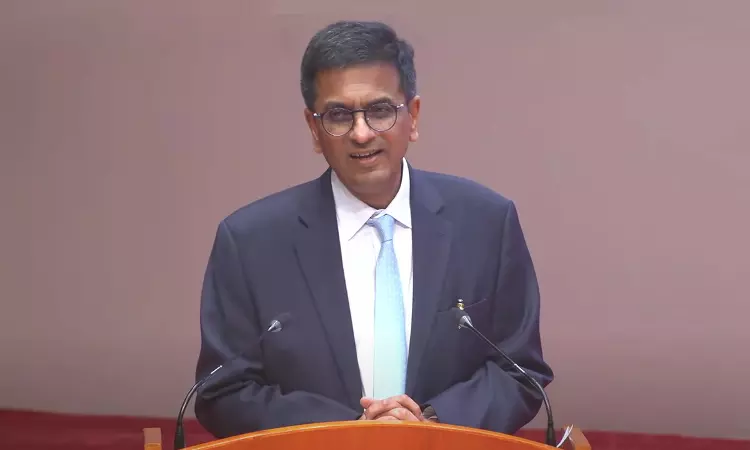During his farewell speech at a function organized by the Supreme Court Bar Association, Chief Justice of India DY Chandrachud highlighted his commitment to transparency, noting that several reforms were motivated by his belief that “sunlight is the best disinfectant.”He said that he had exposed his personal life to the public, even if it opened him up to scrutiny and criticism,...

